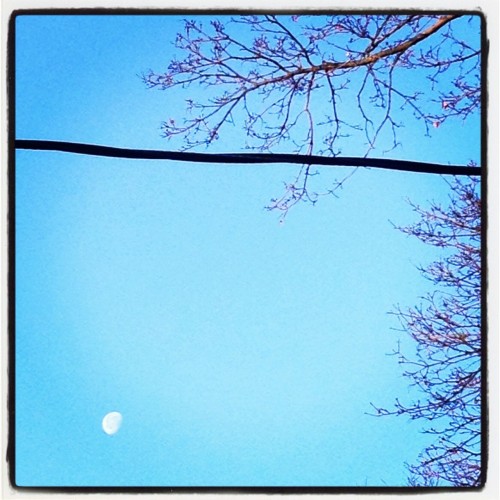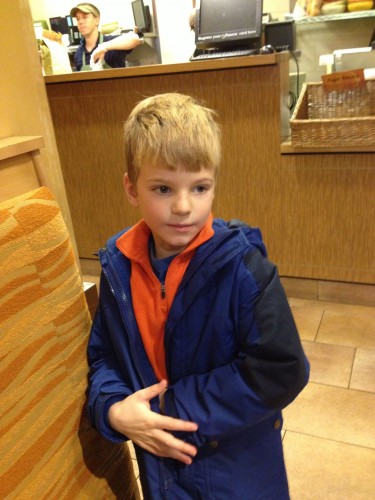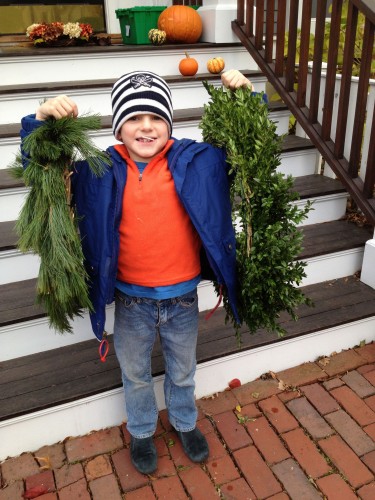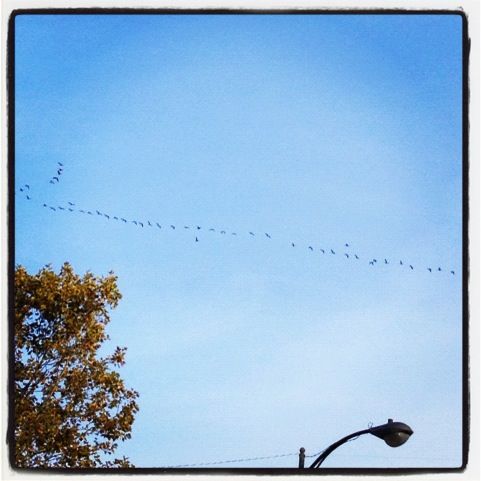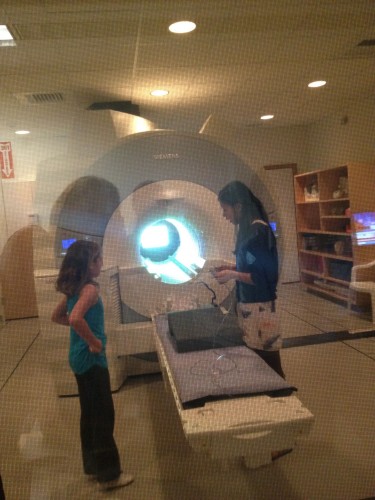
Last weekend I had an MRI on my knee, because of some funky stuff that’s been going on. It was uneventful (though I did think to myself: I’m glad it’s December, because my requesting Christmas carols on the headphones doesn’t seem weird): I was chilly in my enormous hospital pants and double gowns, and Grace sat patiently in the waiting room for 30 minutes. What the experience really did is make me respect, in a new and wild way, my daughter’s bravery.
Let me explain. Over the summer, Grace participated in a study at MIT where they watched her brain activity on MRI while she did memory games. She did it for a number of reasons, which included cool pictures of her brain, the opportunity to contribute to science, and an $80 Amazon gift card. I had never had an MRI at that time, so I didn’t think much of it. I stood in the room with all the controls and computers and watched her through a thick glass window. She nodded as a stranger explained what was going to happen and then lay down obediently on the table. She was slid into the MRI tube, and then I heard her voice over the speaker. “Grace, say hi,” the technician prompted.
Her voice shook and I heard tears in it as she said, “Hi, Mummy.” I said hi back and then the tech turned the microphone off and turned to me. “This is when they lose it, if they’re going to,” he said with a shrug. I left and spent an hour and a half building a marble run with Whit (not a surprise, is it, that the MIT waiting room had the best engineering toys ever?) It turns out Grace didn’t lose it, and she spent an hour and a half in the tube playing games with the PhD students on the other side of the thick window. When she was finished she bounded into the room where Whit and I were sitting holding print-outs of brain images, Amazon gift cards, and lots of stories about the games she had played.
For weeks after her MRI experience Grace regaled people with the stories. I did not realize the extent of her pride in what she’d done – her justifiable pride – until I lay there on Saturday, listening to the loud whirr of the MRI machine even through the Christmas carols playing in my ears. My head wasn’t even in the machine; my neck and face stuck out (thank God).
When Grace was a toddler, I always used to say that I wanted her to grow up to be smart and brave. For some reason, these were the two traits I picked, mostly to combat what felt like the wave of emphasis on being pretty. Smart and brave. Brave and smart. I thought of those two words as I lay there motionless in the MRI machine. Whether it’s flying alone at the age of 5 or sliding into an MRI machine for two hours in the name of her own understanding and that of the world: she’s smart and brave, and I am proud.

